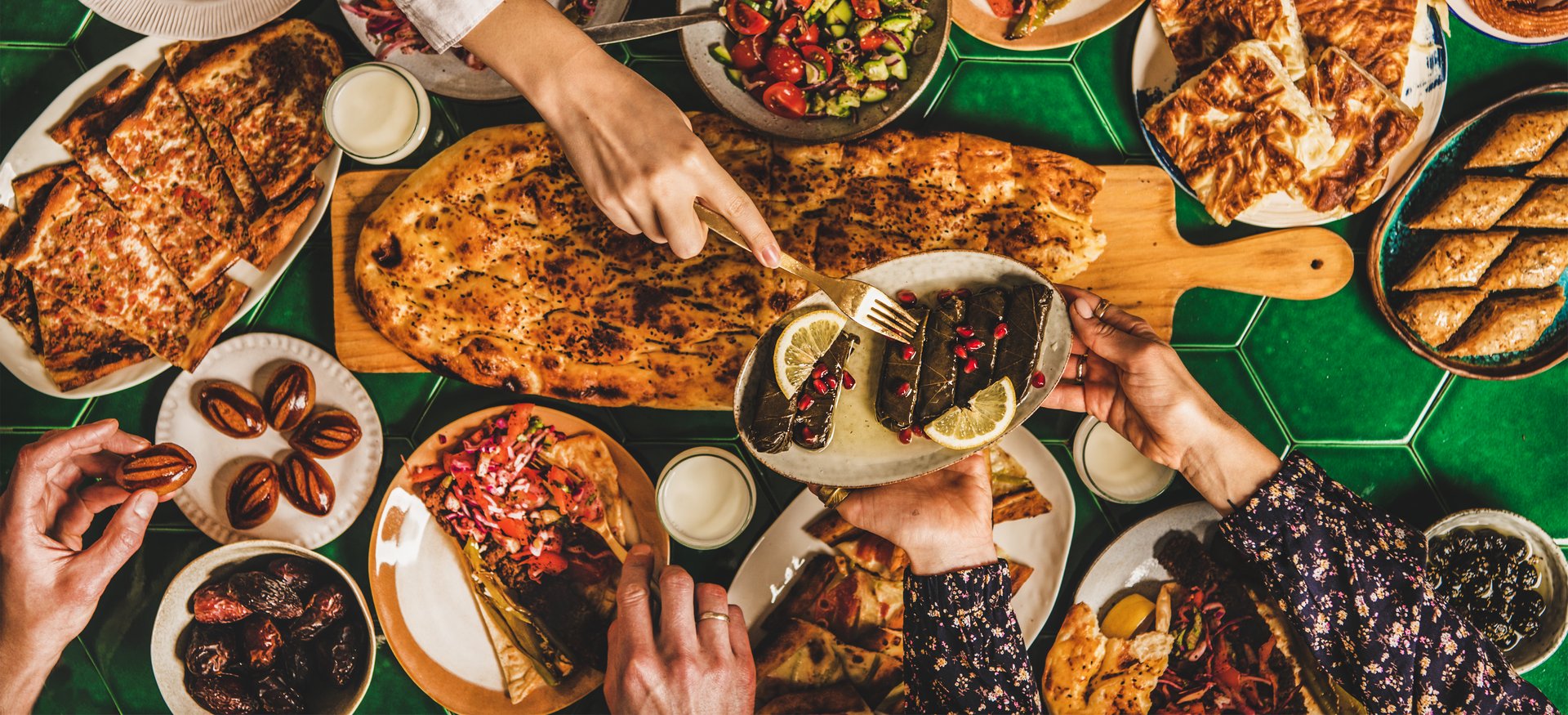What is Ramadan?
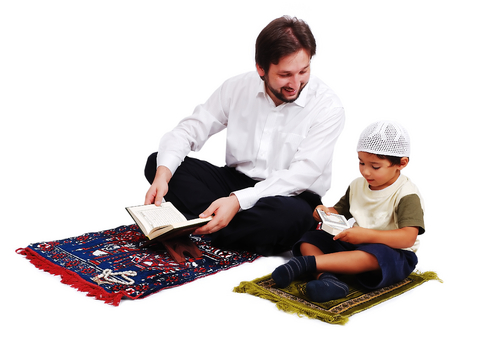
Introduction
Why do more than a billion people around the world abstain from eating, drinking, smoking, and sex from dawn to sunset for a one-month period each year? They are Muslims who are fasting during the holy month of Ramadan.
Fasting is one of the Five Pillars of the religion of Islam and one of the highest forms of Islamic worship. Abstinence from Earthly pleasures and curbing evil intentions and desires is regarded as an act of obedience and submission to God as well as an atonement for sins, errors, and mistakes [contrast Biblical atonement]. Called Ramadan (or Ramazan), Muslims fast during this month from the moment when it first starts to get light until sunset.
SALVATION IN ISLAM—How do Muslims believe they may be saved from eternal damnation by Allah for their sins? Answer
Muslims fast as an act of faith and worship towards Allah, seeking to suppress their desires and increase their spiritual piety. Fasting together as a worldwide community—Ummah—affirms the brotherhood and equality of man before Allah.
The Islamic calendar

The Islamic calendar is based on the lunar cycle. The month of Ramadan is the ninth month and begins with a combination of the sighting of the new moon and astronomical calculations. The exact time of Ramadan sometimes varies from place to place as some rely heavily on the moon sightings, while others depend on science. An Imam (Muslim holy man) will declare the exact time of Ramadan just prior to its commencement. The fasting period ends upon the sighting of the next new moon, which occurs after 29 or 30 days.
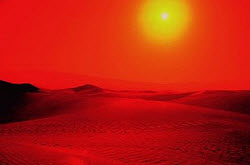
The name Ramadan (Arablic: رمضان) is derived from the Arabic word ramida or ar-ramad, denoting intense scorching heat and dryness, especially the ground. From the same word there is ramdaa, meaning “sunbaked sand” and the famous proverb Kal Mustajeer minar ramadaa binnar—to jump out of the frying pan into the fire. Some say it is so called because Ramadan scorches out the sins with good deeds, as the sun burns the ground.
Ramadan brings out a special feeling of emotional excitement and religious zeal among Muslims of all ages. Though fasting is mandatory only for adults, children as young as eight willingly observe fasting with their elders. Children look forward to the excitement of sighting the moon and eating special meals with their families. Adults appreciate the opportunity to double their rewards from God and seek forgiveness for past sins [contrast with Biblical forgiveness of sin]. As Ramadan emphasises Muslim brotherhood and community all feel a particular closeness.
Muslims have to change their whole physical and emotional selves during this 30 long days of fasting. A typical day of fasting begins with getting up early, around 4:30 a.m. and sharing a meal called Sahur together before the fast begins at dawn, about 5:10 a.m. As dawn breaks, the first of five daily prayers, Fajr, is offered.
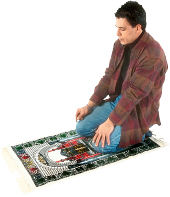
As the day proceeds, fasting Muslims are constantly bombarded with messages from their stomachs that it is time for breakfast, snack, lunch, and so on. And each time, Muslims remind themselves that they are fasting for the sole purpose of pleasing Allah and seeking his mercy. They offer the second and third prayers during early and late afternoon, respectively.
Fasting helps one to experience how a hungry person feels and what it is like to have an empty stomach. It teaches one to share the sufferings of the less fortunate. Muslims believe that fasting leads one to appreciate the bounties of Allah, which are usually taken for granted—until they are missed!
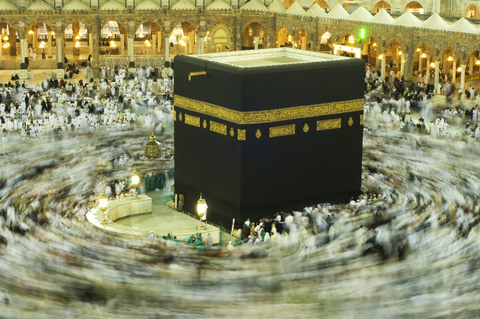
Throughout the world, Muslims turn in its direction when they pray—believing the eastern cornerstone of the building is embedded with black stone (Hajar Aswad, Hajare Aswad, al-Hajaru-l-Aswad) given from heaven by Allah through the angel Gabriel. Traditions say the Black Stone dates to the time of Adam and Eve, was originally white, turned black (dark) due to the sins of mankind, was honored by Abraham and Ishmael (with the rebuilding of the Kaaba—on the foundations of the world's first building, constructed by Adam), and was kissed by the Prophet Muhammed, who set the stone into its current resting place. Through the years, the stone broke into fragments. If possible, believers try to kiss the stone(s) each of the seven times they circle the shrine.
Throughout the day, Muslims are encouraged to go out of their way to help the needy, both financially and emotionally. Some believe that a reward earned during this month is multiplied 70 times and more. For this reason, Ramadan is also known as the month of charity and generosity.
To a Muslim, fasting not only means abstaining from food, but also refraining from all vice and evils committed consciously or unconsciously. It is believed that if one volunteers to refrain from lawful foods and sex, they will be in a better position to avoid unlawful things and acts during the rest of the year.

The fast is broken at sunset. The prophet Muhammed recommended breaking the fast with dates. Muslims are urged to invite others to break the fast with them. These gatherings are called Iftar parties.
Just after breaking the fast, and before dinner, Muslims offer the fourth of the five daily prayers, which is called the Maghrib prayer. After dinner, Muslims go to their houses of worship, called Mosques, to offer the Isha prayer, which is the last of the five daily prayers. The day ends with a special voluntary prayer, the Taraweeh, offered by the congregation reciting the Qur’an, the holy book of Islam.
The last ten days of Ramadan are considered highly blessed, especially the 27th night which is also called the “Night of Power,” or the “Night of Destiny.” It is believed that on this night the prophet Muhammed received the first revelation of the Qur’an. For many Muslims, this period is marked by a heightened spiritual intensity, and they may spend these nights praying and reciting the Qur’an.
Testimony of Nabeel Qureshi
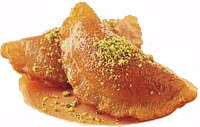
After 30 days of fasting, the end of the month of Ramadan is observed with a day of celebration, called Eid-ul-Fitr. On this day, Muslims gather in one place to offer a prayer of thanks. It is traditional to wear new clothes, visit friends and relatives, exchange gifts, eat delicious dishes prepared for this occasion, and wait patiently for the next year.
Muslims follow a lunar calendar which is approximately 10 or 11 days earlier each year. Some nations vary on the starting date for Ramadan, as it depends on the sighting of the new moon, which marks the beginning of the new month.
Biblical fasting
In the Bible, we do not find any one method of fasting required of us, but the Lord Jesus did say however, “when you fast…” (Matthew 6:16), seeming to assume that His followers would imitate His own example. We fast as an outward symbol of our devotion to God, being willing to deny ourselves food for His sake.

Fasting adds intensity to our prayer, and often leads to breakthroughs. We do not fast to convince or persuade Him, but rather to identify with His broken heart and with His desire for all mankind to know Him.
“Is this not the fast that I have chosen: to loose the bonds of wickedness, to undo the heavy burdens, to let the oppressed go free and that you break every yoke. Is it not to share your bread with the hungry, and that you bring to your house the poor who are cast out” (Isaiah 58:6-7).
Portions of this page are from “30 Days Muslim Prayer Focus,” used by permission.
Copyright © 2001, 2009, 2010, 2021, All Rights Reserved—except as noted on attached “Usage and Copyright” page that grants ChristianAnswers.Net users generous rights for putting this page to work in their homes, personal witnessing, churches and schools.
